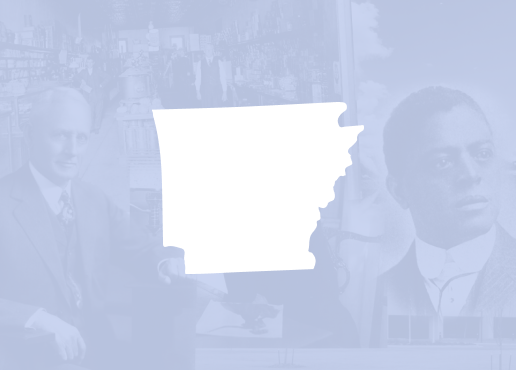calsfoundation@cals.org
Arkansas AFL-CIO
aka: Arkansas American Federation of Labor and Congress of Industrial Organizations
The Arkansas American Federation of Labor and Congress of Industrial Organizations (Arkansas AFL-CIO) is an umbrella organization of more than 190 local unions, central labor councils, and subordinate bodies such as state associations and district councils. As of 2009, the state federation represents the interests and concerns of more than 30,000 working people in organized labor in diverse occupations around Arkansas. The Arkansas AFL-CIO is affiliated with the National AFL-CIO, which represents over 11 million union members across the country.
The Arkansas AFL-CIO was chartered on March 20, 1956. It was the first in the nation to merge the AFL and CIO into one state central body. Member organizations include unions that represent the building trades industry, steelworkers, governmental and municipal workers, postal workers, communications workers, office workers, and more. Noteworthy labor actions in Arkansas include the fight for national labor law reform (the Employee Free Choice Act), leading to a nationally covered march from Central High School in Little Rock (Pulaski County) to the Arkansas State Capitol on July 11, 2009. The Arkansas AFL-CIO is a particularly important voice for labor given the low rates of union membership in Arkansas.
Like the National AFL-CIO, the Arkansas AFL-CIO does no bargaining with employers. It is not a union, but a union of unions. Affiliated local unions of the Arkansas AFL-CIO participate voluntarily and work to establish overall policies for the Arkansas labor movement. The policies of the organization are set at a biyearly convention, and officers are elected every four years.
The Arkansas AFL-CIO endorses, supports, and works to elect candidates for Congress, the state legislature, and state government. The Arkansas AFL-CIO legislative package is developed through consultation with affiliates. The organization lobbies state and federal government on behalf of its membership. Some of the successful reforms the Arkansas AFL-CIO has been involved with in Arkansas include legislation to raise the minimum wage; improvements on unemployment benefits and workers’ compensation; and collective bargaining rights for public, state, and private employees.
The Arkansas AFL-CIO provides training programs to affiliates that focus attention on the skills needed by union members and leaders. The Labor Education Program at the University of Arkansas at Little Rock (UALR) coordinates the state federation’s education, training, and research activities, including courses on arbitration and collective bargaining, leadership development, employment law, labor law, and health and safety law. The Arkansas AFL-CIO also assists individual communities, union members, and their families in times of need, organizing food banks, blood drives, and other emergency assistance programs. The Arkansas AFL-CIO has been a partner and supporter of the United Way for many years.
The Arkansas AFL-CIO is headquartered at 1115 Bishop Street, next to the Arkansas Children’s Hospital in Little Rock.
For additional information:
Arkansas AFL-CIO. http://www.arkansasafl-cio.org/ (accessed March 9, 2022).
Williams, L. Lamar. “Union Advocates Tout Employee Legislation.” Arkansas Democrat-Gazette, July 12, 2009, pp. 1B, 8B.
Laura Packard
Arkansas AFL-CIO






Comments
No comments on this entry yet.